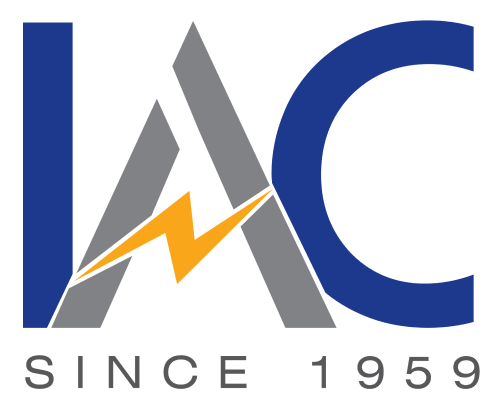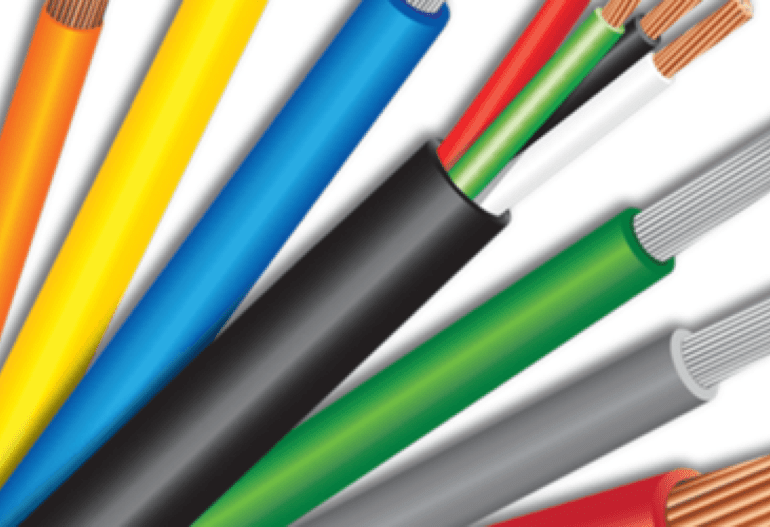The base of every electrification work is associated with wires and cables, be it your home, office or any industrial area. To complete the electrical installation, you must have an idea about the quality of cables and wires that you are about to choose.
You will agree that electric elements have a high-risk factor if you are not careful enough. These can also lead to accidents due to electric currents and overloading. Other than these, you might also have to witness electrical fluctuations. You must take utmost care about the power cable accessories while planning and executing any project.
So, your first concern should be safety whenever you upgrade the wires and cables or construct a new building. Budget is the next big concern but never go for low-cost wires and cables, which will compromise the system.
Difference Between Wires and Cables
The words “Wire” and “Cable” are used interchangeably, but significant differences are between them.
A Wire – It has a single electrical conductor and is made of either copper or aluminum that conducts electricity. It enables a smooth flow of electricity through the path.
A Cable – It has multiple conductors, and these are wrapped in a non-conductive material, which is commonly known as a ‘jacket’. Here the wires are sheathed together.
Tips for Selecting Supportive Power Cable Accessories
1. Quality of Conducting Material
To understand more about the conductivity – you must find out the size of the cable and the insulation material used. You also need to consider whether the voltage needs to be carried for a long distance. Usually, two types of wires are used – aluminum and copper. Aluminum is considered if you are looking for an inexpensive solution. And, copper is used if you want a higher resistance and low conductivity.
2. Size of The Power Cable Accessories
Choose a large cable or wire, irrespective of the voltage systems. Check the acceptable volt drop-down of the cable whenever a certain amount of current passes through the wire/cable. Check the gauge sizes of the wire, and it will decide the current carrying capacity and short circuit rating.
3. Insulation
This element insulates the bare conductor and marks it safe for installation. Look if they are resistant to fire and water. You can go for Flame retardant grade PVC (polyvinyl chloride). For cable insulation, choose FR PVC, and for sheathing FR or non-FR grade, PVC would be suitable.
4. Temperature
750V copper wire and PVC are used to manufacture cables, and it is commonly applied to electrical panels and sockets. Thus, the power cable accessories’ longevity depends on the cable’s temperature.
5. Can handle Overheat
Wires and cables tend to get overheated due to the flow of currents. So, you must choose the one that can handle currents safely, and neither the wire nor the insulation gets overheated. Calculate the passage of current through the cable and its resistance; this will help you detect the amount of heat generated.
Read More: Design And Development Of Conductor Fittings For HTLS Conductors
6. Flexibility
You can get both flexible and solid conductors in the market. If you want an easy-to-lay conduit and electrician friendly solution, then use flexible wires. They have more number of annealed conductors. Flexible cables can be found on the market in two insulation levels – 750V and 1000V (thicker layers of insulation).
7. Protection and shield
The wire is partly within the insulation system and partly exposed, without proper shielding. So, shielding is really needed to avoid short circuits in terms of power cable accessories safety.
8. Check the packaging
It is quite common for manufacturers to put a stamp or seal on the package. It will notify you about the national standardization and Industrial quality) and there are also guidelines. This ensures the safety and quality of its products. Do not add the products to your cart even if one of these seals is missing.
Lastly, Reliability is important
When you decide to buy wires or cables, the market is overflowed with various brands. But, you must also join with the manufacturer who produces wires based on the standard and has a good review in terms of quality. Visit IAC Electricals for more details.






